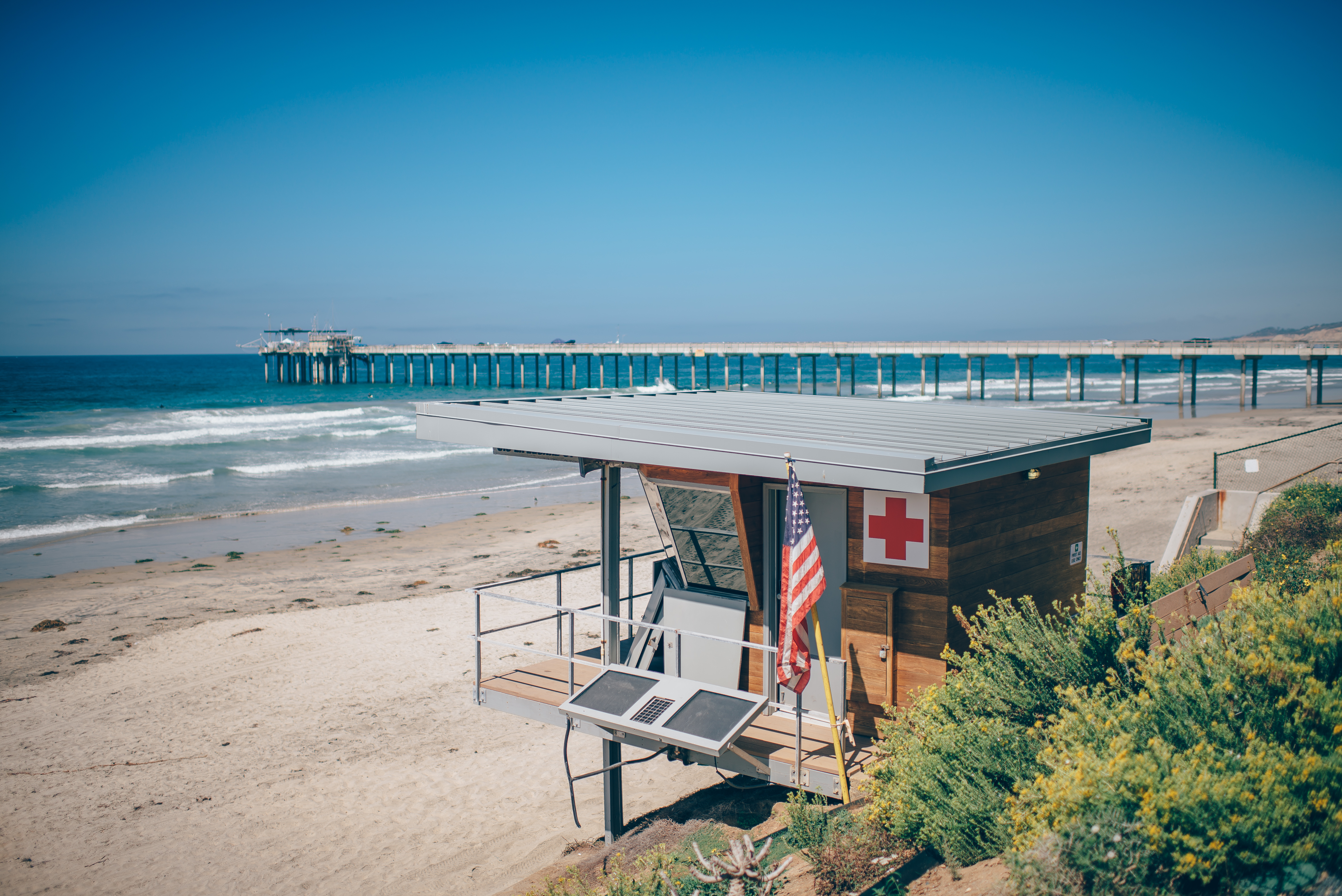Four years ago we set out to start a church that would join Jesus in building Redemption City with the gospel—a city where everyone is redeemed, every aspect of life is redeemed, because it is completely centered on the Redeemer (Rev. 21-22). We’ve given our lives to connecting people to Jesus and growing people in Jesus with the gospel. While we’ve had a lot of blessings and difficult moments, Jesus has faithfully and fruitfully advanced his work through it all.
As we prepare for the “back to school” and “back from vacation” bump in weekly attendance, we are facing a challenge we’ve never had before—we don’t have room for all the people Jesus is bringing us through your efforts! In fact, during the month of July, a month that we’ve historically seen a decrease in attendance, we have had two record attendance Sundays! On one Sunday, we literally did not have enough chairs in the building for all the people who came (thankfully some servant leaders found some without finding the fire chief!). That’s why we are excited to announce that starting on August 13th we’ll be adding another worship gathering, one at 9:00am and 10:30am!
As we approach this strategic next step, I thought I’d share five reasons why I’m excited about adding another worship gathering at Redemption City Church!
I believe it increases the chances of lost people having their lives changed by Jesus at Redemption City Church! Redemption City Church loves to introduce people to Jesus. One of the many challenges to seeing more unbelievers having their lives changed by believers has nothing to do with the gospel. It has to do with seating capacity. Studies say that people, some of whom are unbelievers, don’t want to come a worship gathering where 80% of the room is full. Most people want a chair between them and the person next to them, when it is a person they don’t know. Since we have reached our seating capacity, we have to either find a new location with more space or create more space at this location to continue to introduce more people to Jesus. With no good alternative locations, we’re creating space at our current location by adding another worship gathering. Because Jesus made room for us, we want to make room for others. Our prayer is that with more worship gathering options, more will opt! And when more opt, we pray more lives will be changed by Jesus!
I believe it improves Redemption City Church for the Redemption City Church family! Redemption City Church loves to introduce people to Jesus AND grow in Jesus. Since we have very limited space available, many people have had a hard time finding a seat. I’ve seen families eagerly searching for seats who have had to climb over a bunch of people for that one middle seat, divide their families into different sections in the space, or even go to another building for more chairs. By having more worship gathering options, we’ll have more seating options. This will take the focus off of looking for a seat and back where to it should be, on looking to Christ! It also allows great flexibility for those who have a schedule conflict with a worship gathering. Whether that is coming back in town, leaving town, going to a Titans game, or something else, more options to worship improves your ability to make needed adjustments without losing needed worship time!
I believe it will improve the Ministry Team Ministries for our volunteers! Adding another worship gathering improves the Ministry Team Ministries for our volunteers in two ways. First, serving becomes more sustainable, since two worship gatherings creates the scenario for volunteers to serve weekly AND go to a worship gathering weekly! This “Serve One, Attend One” reality creates the opportunity for those serving others to be served by others every week, those refreshing others in the gospel to be refreshed in the gospel every week. Secondly, serving becomes more strategic. Adding another worship gathering doesn’t just increase our work, it changes our work. The increased work leads to greater specialization, allowing us to let go of areas of weakness and play to our strengths! Those gifted with Kids can pour more consistently into kids. Those more gifted in worship can focus more on worship. When we play to our strengths, we advance more effectively.
I believe it will improve the Kids City ministry for kids! Since the Kids City ministry will continue during both the 9:00am and 10:00am hours, kids in the Kids City will have the opportunity to benefit from some important improvements. First, since there will be two opportunities, our class sizes will move to a more ideal size. While we’ve loved the high attendance, sometimes it felt like we didn’t give some children as great an experience in Christ as we were hoping to give them. This sweet spot allows for greater attention for each kid. Secondly, since the “Serve One Attend One” allows for a more consistent presence from Kids City Leaders, kids will be known better by their leaders, which will enable them to be helped better by their leaders!
I’m excited about adding a second worship gathering because I believe it will improve the Kids City ministry for parents! Because the “Serve One, Attend One” scenario created by two worship gatherings exists, Kids City Leaders can serve more consistently than they used too. This reality enables them to be more present in the kids lives AND the parents lives. Greater consistency will lead to greater familiarity between the leaders and parents, which will lead to greater partnership between leaders and parents!
As we approach this significant next step, I wanted to share these areas that I’m particularly excited about. I hope they excite and encourage you too. Let’s continue to be thankful for all Jesus is doing and prayerful about all we want to see him do!




